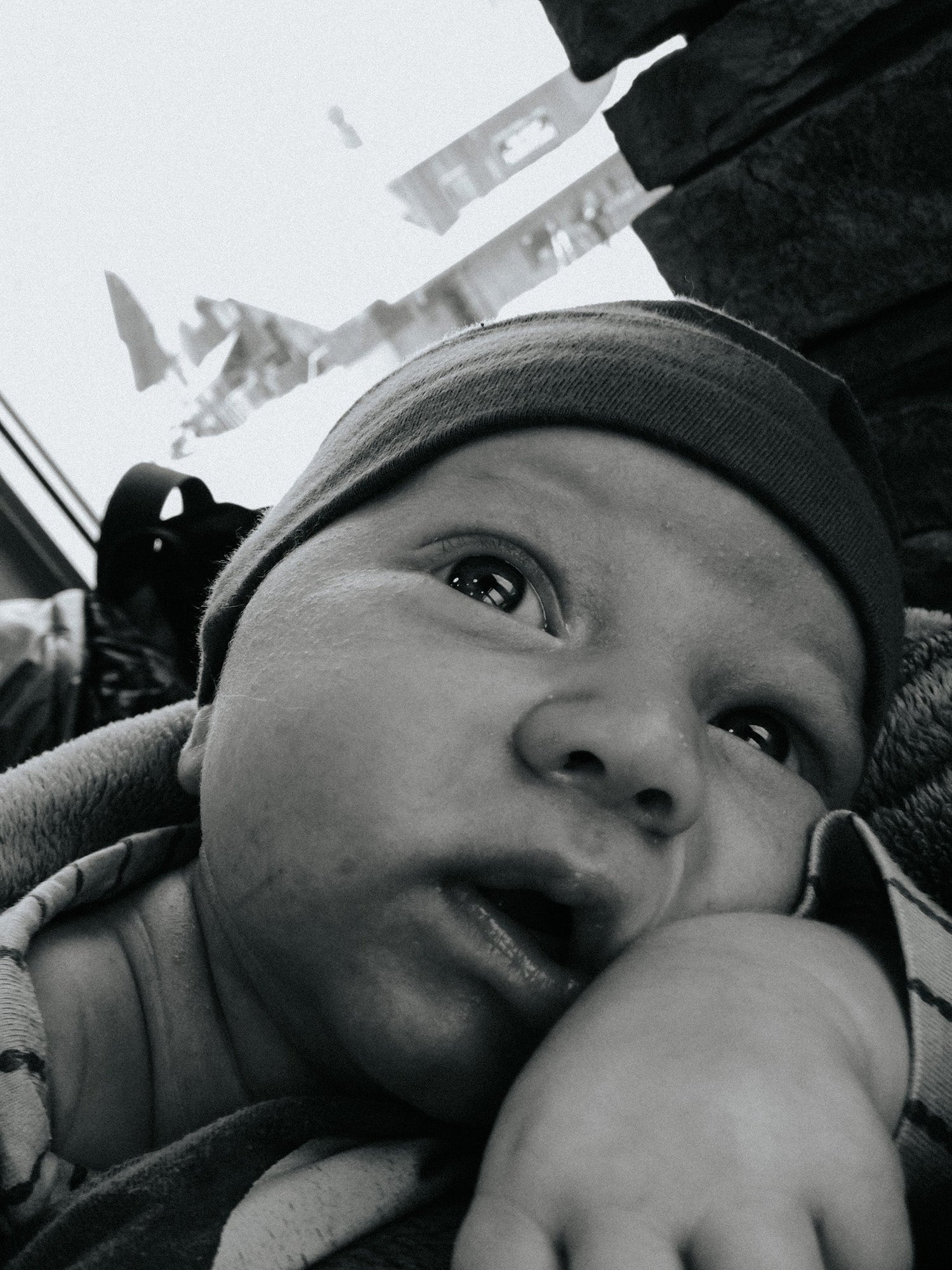


Colic isn't just a term.
It's a thief of peace and a relentless intruder that shatters the tranquility of a home. But what causes it? Why does your baby scream for hours and hours and your gut tells you something is wrong but doctor just tell you to “wait it out”? Join me in this episode to learn the real cause of colic and how important it is to heal your babies body.

Links from episode . . .
Subscribe to Follow Your Gut with Juniper Bennett wherever you listen to podcasts
You can click one of the buttons below to take you there

Transcript:
Colic isn't just a term — it's a thief of peace, a relentless intruder that shatters the tranquility of a home. I remember these moments so vividly — the exhaustion etched on my husband's face as he swayed our baby, the sense of helplessness as I sat next to him, consumed by fear and sadness. It felt like an assault on our sanity, a disruption that left us questioning everything. "Just wait it out," they said, as if that was an acceptable response. How the hell are you supposed to wait out sleep deprivation and the most piercing scream that goes straight to your mama heart. One that makes your every cell know that something is wrong.
Colic has become this blanket term, a catch-all diagnosis that dismisses the actual problem. An infant doesn’t scream just because. When your child is uncontrollably upset your intuition tells you something is wrong. This is the first thing we need to address. Your mama intuition is never wrong. Instead of being told to “wait it out” we should be given an explanation and a healing path to follow.
So here is what you need to know. There is a direct link between colic and an imbalanced gut. The gut microbiome is wildly influential in our children’s development. It is a bustling ecosystem of bacteria that plays a pivotal role in our well-being. In infants, this delicate balance of microorganisms forms the foundation for their health. When we talk about colic, we're peering into this intricate world within your baby's body—a world where imbalance wreaks havoc.
I want you to imagine a flourishing garden where a diverse selection of plants foster a thriving environment. Now, imagine this garden disrupted, overrun by invasive weeds. This is what happens when the gut is imbalanced. When your baby experiences colic, it's possibly the first sign of imbalance in this really important ecosystem.
Your child’s microbiome is inherited during birth when they pass through your birth canal or is influenced by environmental factors if they are born via cesarean delivery.
By understanding this connection, we're not just addressing colic; we're diving straight to the root cause. It's not merely a matter of waiting for symptoms to fade away; it's acknowledging that colic signifies a deeper problem — one that, left unattended, will likely trigger a cascade of health issues. Instead of waiting, it gives us a chance to intervene, to heal our babies and prevent future symptoms. Because gut imbalance causes inflammation and inflammation will inevitably result in other symptoms. Maybe acne, eczema, sour smelling poop, bloating, restless sleep and as your child gets older - behavioral issues. More symptoms that will yet again be treated or brushed under the rug.
Try to view your child’s colic as an invitation to heal. Listen. To both their symptoms and your powerful intuition. Don’t settle. Be the leader of your family. Heal your gut. Heal your child’s gut. And even if you are listening to this years after your child experienced colic - it is never too late to heal. I will attach a link to my Women’s and Children’s Gut Rebalance Kits in the show notes. If you baby is 3 months or younger and you are breastfeeding you rebalancing your gut will help heal your baby. If your child is 4 months or over you can simultaneously rebalance both of your guts with the Children’s and Women’s Kits.
If you have a second to spare will you please scroll down and leave a review? It helps others find Follow Your Gut and together we can make the most beautiful impact.

